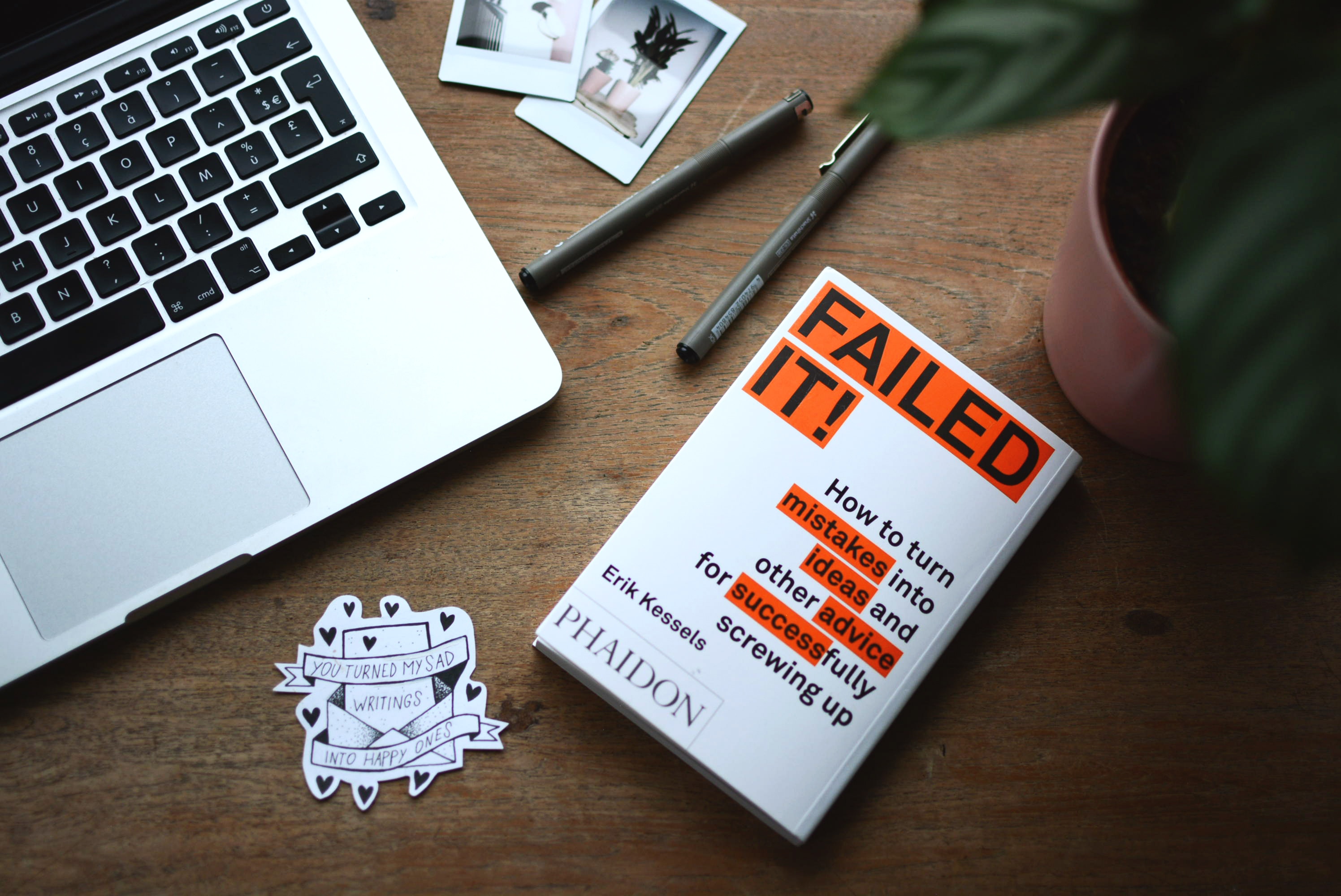No-one can avoid everything negative that could happen to them over a lifetime, and it’s not the experience of failure itself that is crippling. It’s what we tell ourselves about these experiences that can be very damaging.
As a therapist, part of my work is witnessing how people respond to stress and what my clients perceive how they have failed in their lives.
Ideally, failures and small defeats happen during childhood so that children grow up having developed confidence in how they can recover from life’s challenges within the safety of a supportive family.
Building resilience and bouncing back
This is how resilience or the ability to bounce back from defeat is created. It is essential to think of resilience as an emotional muscle that you can strengthen through use so that it is there when you need it most.
Helicopter parenting
However, everyone’s experience of childhood is unique, and this healthy balance of trial and error is not available to everyone as they grow up.
One of the reasons that children are not experiencing the opportunities to develop resilience in childhood is a by-product of their parent’s anxiety.
It can show up by parents tightening their control of their off-spring through helicopter parenting, or by micro-managing their children’s exposure to the real world beyond the home, school and family.
Adult anxiety
Adult levels of anxiety are currently high for a number of factors. For instance, I see adult clients who are struggling in the workplace with job insecurity and unreasonable targets implemented by often poorly trained managers.
What was once a professional arena where people could excel and build self-esteem is now for many a cold, dog-eat-dog, head-down, highly pressured environment. o
The ripple effect
Some of these adults who experience increasing levels of stress and insecurity project their impression of the world as big and bad onto their children.
This combined with feelings of overwhelm induced by Brexit-Trauma, and social media’s role as the purveyor of all things shocking and disturbing in modern society the world over, and it makes for a heady mix of paranoia and fear.
Graduate pressure
The unprecedented rise in mental ill-health amongst undergraduate students is a result of young people not being allowed to experience a failure while growing up and therefore not building their resilience and faith in themselves that they can overcome adversity and thrive.
They have never been allowed to learn that it is okay to metaphorically fall down as an opportunity to experience getting-back-up again, dusting yourself off and getting on with one’s life.
The challenging mix of leaving home, managing a budget while studying can become overwhelming for those who have been infantilized all their lives by overly anxious and controlling parents.
Luckily there are active steps we can all take during and after a crisis to speed emotional recovery and the ability to bounce back. These can be learnt at all ages, so no-one is condemned to living a life without resilience.


